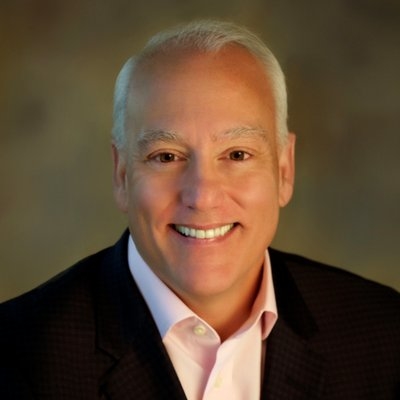
Forget the patient experience in hospitals. Forget the resident experience in senior communities. It’s time to think about the aging experience holistically.
Most inpatient stays—and, for that matter, most of healthcare—is consumed by older adults.
In 2015, nearly 13 million inpatient hospitalizations were adults age 65 and older, according to late 2017 data. Boomers followed with close to 9 million hospitalizations.
Yet the experience of care for older adults has not significantly changed over the years.
The Institute for Healthcare Improvement notes that “even though we know what care to provide for older adults, we meet less than 10% of the total need in our country with the best evidence-based models of care available. This means that [most] older adults in the U.S. could be getting care that is unnecessary, ineffective, or harmful.”
RELATED: 1 in 4 older patients say physicians order unneeded tests and drugs
Sure, there have been some incremental improvements. NICHE nurses (Nurses Improving Care for Healthsystem Elders), geriatric assessment centers and senior emergency departments have increased. Providers are starting to recognize the importance of social determinants of care—such as access to transportation or issues such as food insecurity. And accountable care and bundled payment scenarios often bring together long-term care and hospital providers. But frankly, these are the exceptions.
Healthcare still operates in siloes. And unless you can “show me the money,” few are interested in moving beyond very specific programs, such as those that decrease readmissions. I think there are more fundamental issues at hand that prohibit providers from vastly improving the care of older adults, and it is deeply ingrained in both culture and mindset.
RELATED: Industry Voices—It’s up to American consumers to disrupt the healthcare system
We must change our ageist attitudes
When older people have a positive attitude about aging, they live on average 7.5 years longer, according to the World Health Organization. The WHO’s World Values Survey found that 60% of respondents reported that older people are not respected. The lowest levels of respect came from the highest income countries.
We start developing attitudes toward aging at an early age. But in addition to the usual ones—older people are slower or they can’t hear as well as young people, for example—Princeton University uncovered "prescriptive prejudice" in three areas.
One is the idea that older people shouldn't consume so many scarce resources. Specifically cited was the use of healthcare resources by older people.
In a recent U.S. News article, I write that “the type and the amount of care people receive is impacted by attitude. Mistreating, over-treating, under-treating and misdiagnosing happens. Professionals often expect less improvement and slower recovery when in fact, every person is different.”
I have many friends who have early onset dementia who lament how the healthcare system has marginalized them because they simply do not accept or expect that they still have great capabilities.
Providers seldom get to know the people for whom they are caring. Few incorporate programs to get to know a person’s story.
Even more fundamentally, there is still a huge issue with long-term care facilities dumping patients in the ED with little information for providers to go on. When they don’t know basic information, such as whether a person has dementia, when that person acts out, they might call the police instead of caring for the individual.
In the many years I have written for this publication, I have seen significant changes in the industry. But when it comes to the care of older adults and family caregivers, I have not.
We need to broaden our thinking of what that entails and realize at the end of the day we may be solving societal issues more so than medical ones and in so doing will make communities healthier and with that the bottom line.
What messages are you sending about aging?
Anthony Cirillo is president of The Aging Experience. He helps organizations craft experiences and seize opportunities in the mature marketplace, and helps family caregivers thrive and individuals make educated aging decisions. A consultant and professional speaker, Anthony is also an executive board member of the Dementia Action Alliance. He is a longtime contributor to FierceHospitals, previously called Hospital Impact.